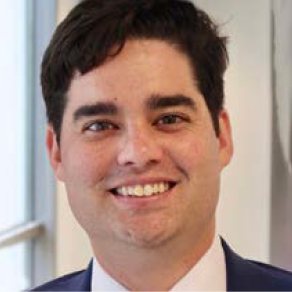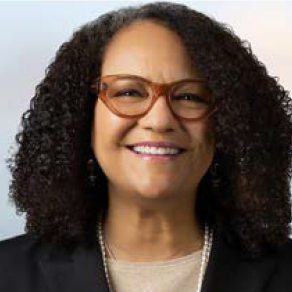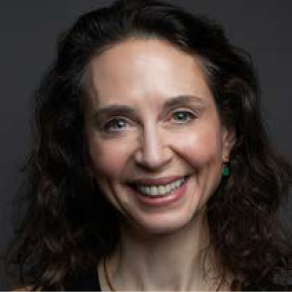
- This event has passed.
The Daycare Myth: What We Get Wrong About Early Care & Education

This partner webinar, moderated by Ellen Galinsky with Families and Work Institute, provided a powerful look into the disconnect between early care and education in the United States as reflected in Dan Wuori’s new book.
Wuori, author of The Daycare Myth and founder and president of Early Childhood Policy Solutions LLC, engaged in conversation with Galinsky about this disconnect and the physical costs that are associate with it. Unfortunately, Wuori argued, the United States is long overdue for policy change that could appropriately address problems that result in inaccessible and unaffordable infant and toddler care, which costs the U.S. economy $122 billion annually.
At the heart of this crisis, Wuori explained, is society’s failure to understand the significance of these formative early years in a child’s life. “The primary value that underlies my work is that children matter, these years matter and equitable access to the supports that families need matters.” To aid in this shift in understanding, Wuori urges childhood professionals to change the way that they present themselves and their work and to claim titles that reflect their powerful role in child development.
“It pains my heart to hear any of these professionals referred to as daycare workers or even child care providers. These are not babysitters. You are the adults who will help to construct a child’s brain. It’s a very different way of looking at this profession and its value.”
Following Galinsky’s conversation with Wuori, she turned to a panel of expert commentators who offered their perspectives. Jessica Sager of All Our Kin began by sharing appreciation for early childhood educators who are consistently underpaid, undervalued and overworked. Fortunately, Sager shared, she has seen powerful momentum across the country where many states are reaching out for help in reforming their early child care systems.
“We have seen educators across the country coming together with parents and business leaders to advocate for solutions to our current child care education system. Creating more spaces where educators have the opportunity to share those perspectives is really, critically important.”
Lisa Roy, Ed.D., from the Colorado Department of Early Childhood continued by emphasizing the urgent need to address the early childhood workforce crisis driven by low wages, inadequate benefits and high turnover rates. Encouragingly, Roy reflected on the work being done in Colorado, such as a tax credit for early childhood professionals and substantial investments in workforce development, to showcase the impact of adequate funding and support on recruitment, retention and the overall quality of early childhood education.
“It’s simple. To retain high-quality educators, we have to have pay that reflects their importance and the difficulty of the work, and we need to build on that system. We need to make sure that we’re giving early childhood professionals the dignity and respect they deserve.”
Lastly, attendees heard from Daniel Hains with the National Association for the Education of Young Children (NAEYC). He powerfully echoed the other commentators’ concerns and emphasized that the current economic model we have in place is flawed, as it results in educators sacrificing their financial well-being and deters future educators from entering the field. Hains argued that improvements are possible, as was reflected by the substantial federal investments made during the COVID-19 pandemic aimed at stabilizing child care and lowering costs for families.
“It’s really encouraging to see states taking those lessons from the pandemic. When we invest in child care and early learning, and when we invest in early childhood educators, it makes a real difference.”
If you were able to attend this session, we would love to hear your feedback. We appreciate your help in filling out the following form as we seek to learn and understand the perspectives, ideas, critiques and recommendations that better inform our key audiences.
Panel







